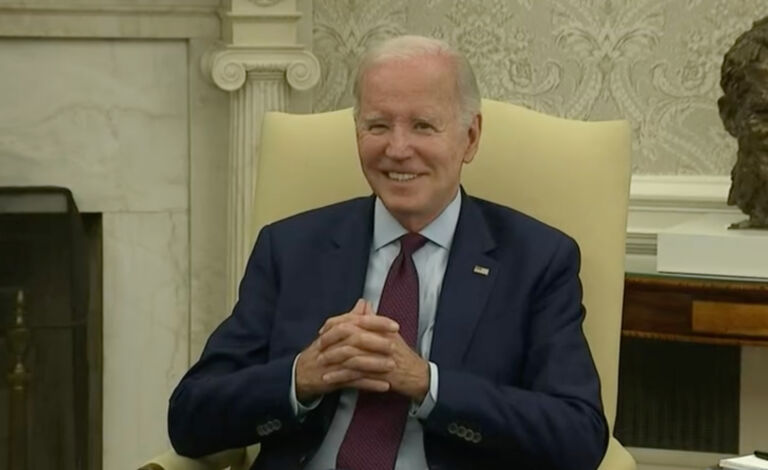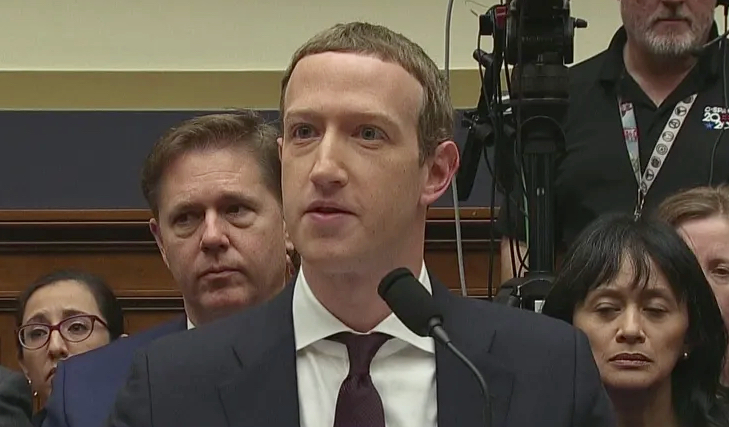Josh Siegel of the Washington Examiner reports on a clash between two Biden administration policies.
There is an inherent tension in President Joe Biden’s climate plans between reducing emissions as fast as possible and building up U.S. manufacturing of clean energy technologies to create a strong domestic workforce.
Meeting an aggressive timetable of adding more clean energy to the grid would likely mean importing a large supply of solar panels and electric car batteries from abroad because it would take time for American manufacturers to scale up.
“There is a little bit of a conflict between the two ideas,” said Marc Hafstead, an economist at Resources for the Future. “I certainly think achieving it will be challenging. We can’t make up new industries just because we want to do. It’s not to say it can’t be done, but it’s probably past this administration.”
On one level, Biden’s effort to promote domestic manufacturing aligns with his climate, economic development, and national security goals.
“Climate policy as a political issue in the U.S. will only be successful if there is an economic path for American workers and industries,” said Sasha Mackler, director of the energy project at Bipartisan Policy Center. “The industries of tomorrow will be cleaner, so developing a climate policy that keeps those offshore is a political loser.”
However, achieving the whole of that vision might make it more difficult to keep pace with Biden’s target as part of the Paris Agreement of cutting economy-wide emissions in half by 2030.
The conflict could factor into Biden’s efforts to pass his Build Back Better infrastructure agenda through Congress over the coming weeks.
Senate Majority Leader Chuck Schumer recently said that Democrats’ climate and infrastructure plans being pursued this fall could nearly fulfill Biden’s emissions reduction pledge for the end of this decade.


